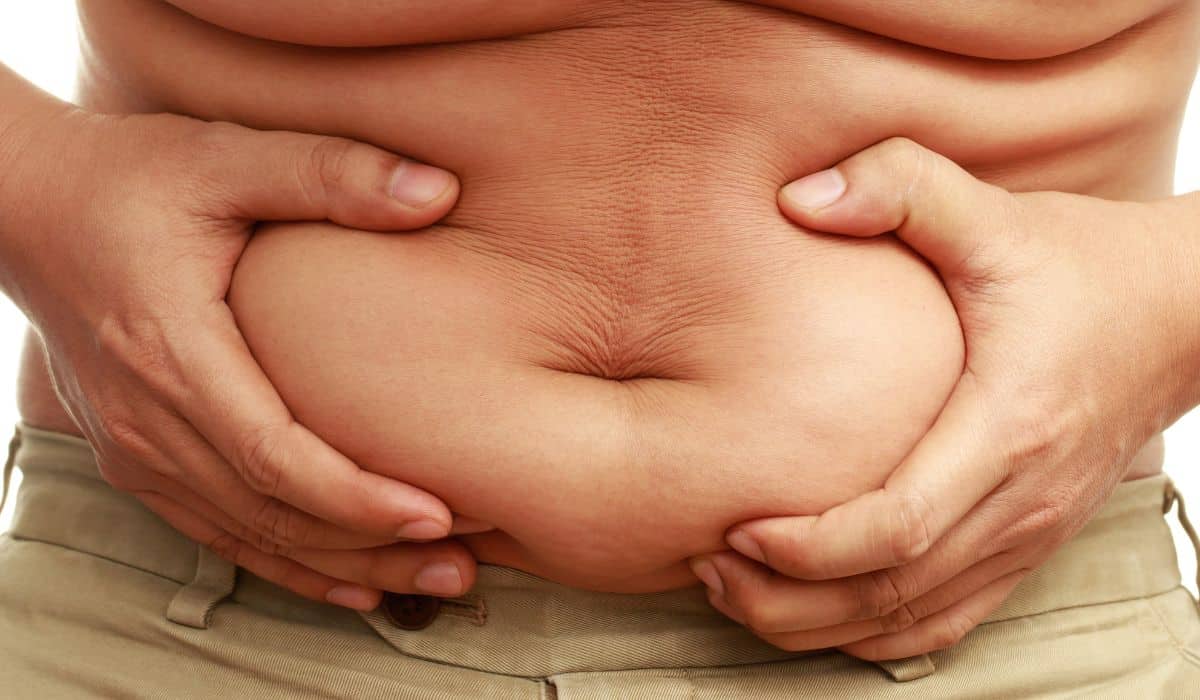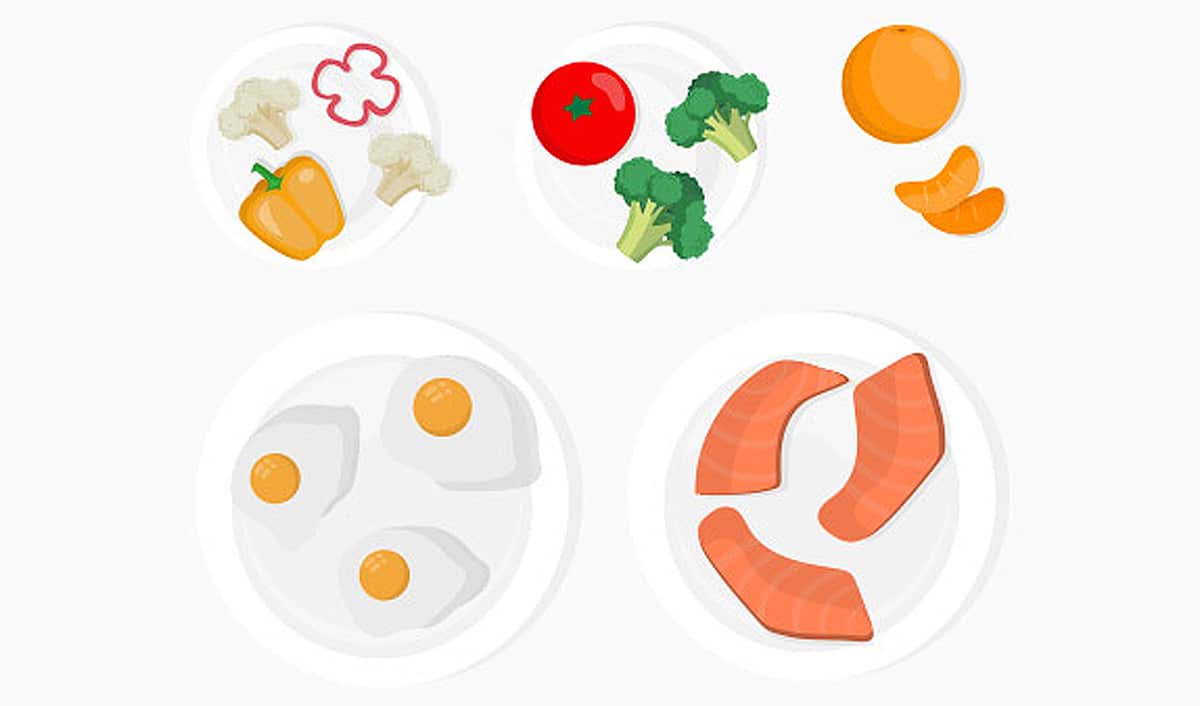
“Weight” is a measurement of the force of gravity pulling down on your body. So if you really wanted to lose “weight,” you could just go to Mars, where the force of gravity is so much lower that your scale weight would be about a third of what it is on Earth.
But that’s not the “weight loss” most people are looking for, because most people don’t actually care about “weight” loss. They care about fat loss. When most people say “I want to lose weight,” what they really mean is “I want to lose fat tissue.” Most people probably wouldn’t care about the number on the scale (their “weight”) if they had their ideal body type, and most people probably wouldn’t consider their weight-loss goals accomplished if they went Mars where their “weight” would technically be lower.
People talk about “weight” loss because scale weight is a proxy measure for fat loss. Fat is the major source of excess body mass for most people who want to “lose weight.” Measuring fat (by DEXA scans or other body composition tools) is expensive and difficult; measuring weight is cheap and easy. So people just measure weight and assume that if they lose weight, it’s because they’re losing fat.
That’s not necessarily true.
“Weight” Loss vs. Fat Loss
Temporary “weight” loss can be from water weight, constipation, food in your stomach, or a million other factors. But there’s a more dangerous kind of “weight” loss: loss of lean tissue.
If the number on your scale is regularly going down, it’s probably representing a true decrease in your body mass. But it’s not necessarily fat that you’re losing. It might be muscle. But muscle is the the “weight” you want to keep!
- Muscle makes you look good – that’s how you get that lean, toned body type. So if you’re in this for the aesthetics, you want to keep your muscle.
- More importantly, muscle is good for your health. If you’re trying for “weight loss” to improve your health, losing muscle is counterproductive.
Losing Fat, Not Just Weight
So the question becomes: how can you make sure that the number going down on the scale (your “weight”) actually represents a loss of fat tissue, rather than a loss of your precious lean mass?
Eat Enough Protein

The most important macronutrient for losing fat instead of muscle is protein.
In this study, eating more protein helped overweight men preserve more lean mass when they lost weight. The men were put on a diet that gave them either 15% or 25% of energy from protein. But here’s a huge difference that you won’t see in the abstract: the low-protein group was vegetarian; the high-protein group got meat. (The study authors never explain why on earth they would do it like that).
- Overweight men: on the high-protein diet, overweight men lost about 2% of their lean tissue; on the low-protein diet they lost 4%.
- Obese men: on the high-protein diet, obese men lost about 3% of their lean tissue; on the low-protein diet they lost 5%.
So, eating a lot of animal protein is better than eating a little bit of vegetarian protein. It’s not clear whether the benefit is from the sheer amount of protein or from the animal foods (which are nutritious in their own right!) but either way, all signs point to a Paleo approach with high-quality animal protein at every meal.
Want one for the ladies? In this study, women were assigned to either a low-protein diet (68 grams of protein per day) or a high-protein diet (125 grams a day). Both diets had the same number of calories. Both groups lost roughly the same number of pounds, but the high-protein group lost a lot more fat and a lot less muscle.
Carbs are Less Important
On the other hand, the amount or quality of dietary carbs doesn’t seem to matter that much, provided you’re getting enough protein. This study compared four diets in obese men and women over 45:
- Low vs. high glycemic index (GI). Glycemic index is complicated, but in practice, it’s basically a measure of how refined the carbs in your diet are, so low GI carbs are foods like whole-wheat bread and lentils; high-GI carbs are foods like Wonderbread and candy.
- Medium (55%) vs. high-carb (70%).
None of the diets made any difference in the percentage of weight loss as fat. Most of the subjects lost around 20% of their weight as lean mass and 80% as fat mass regardless of which diet they were on.
Of course, the amount and quality of dietary carbs might make a big difference in how much total weight you lose. So in that sense, they’re important. But if you find a carb level that works for you for weight loss, there’s no need to tweak it in search of the perfect ratio for fat loss.
Another Tool to Lose Fat: Exercise
Guess what’s even more powerful than protein? Exercise.
In this study, exercise helped postmenopausal women keep more of their lean mass. The exercise and non-exercise groups lost basically the same amount of weight but the exercise group lost more fat and less lean mass.
This study found that exercise and higher protein consumption had additive effects in women – they kept more lean mass with protein or with exercise, but they kept the most with protein + exercise. A meta-analysis of studies in both sexes found that regardless of diet, adding exercise helped people keep more lean mass and lose more weight from fat instead of muscle.
This study also found that exercise was specifically better for reducing visceral fat, the dangerous kind that actually causes health problems. Even without any reduction in weight, exercise reduced visceral fat by 6%.
Just to be clear: this is not the same thing as saying that exercise “causes” weight loss. Exercise almost never affects weight without diet changes. But exercise does take weight gain or loss in the direction that you want to go:
- Weight-loss diet + exercise = lose more fat and less muscle.
- Weight-gain diet + exercise = gain more muscle and less fat.
Diet is like the engine of a car, and exercise is like the steering wheel. If you don’t turn on the engine and you’re just sitting there yanking the steering wheel from side to side, you’re not accomplishing much. But you definitely don’t want to turn on that engine without a working steering wheel. If you’re going to turn on the engine and start going 60mph, you better have a steering wheel to make sure you’re going where you want to go.
Helpful Supplements
This section is last for a reason: supplements are supplemental. They can’t substitute for a lousy diet and lifestyle. But if you’ve already got your protein and your exercise dialed in, maybe consider…
- Glycine. Glycine is an amino acid that has shown some benefits for preserving lean muscle loss in mice. You can get glycine in delicious form from homemade bone broth. Well, or take a pill. But that’s less fun.
- Branched-Chain Amino Acids (BCAAs): some human research suggests that BCAAs will be helpful for maintaining muscle mass. Bear in mind that this study was done on male weightlifters age 21-28, so if you’re, say, an untrained 65-year-old woman, your mileage may vary. BCAAs are available in supplement form and they’re pretty cheap.
Summing it Up
Almost everyone who says they want to “lose weight” actually wants to lose fat, not just scale weight. If you’re interested in health, this is definitely you: fat loss is the only type of weight loss that even arguably improves health. If you’re interested in looking “lean” or “toned,” this is also you.
Typically, when the number on the scale goes down, you’ve lost some fat, but also some lean mass (muscle, organ mass, etc.). For health reasons and for aesthetic reasons, you probably want to keep that second number (lean tissue loss) as low as possible.
Eating enough protein – around 25% of calories – can probably help. Some supplements, like glycine and BCAAs might also be useful. But what helps even more is exercise. Even though it doesn't cause weight loss on its own, exercise is still a powerful tool for making sure that weight changes (loss or gain) go in the direction you want (fat loss/muscle gain) instead of turning into a problem (muscle loss/fat gain).





Leave a Reply